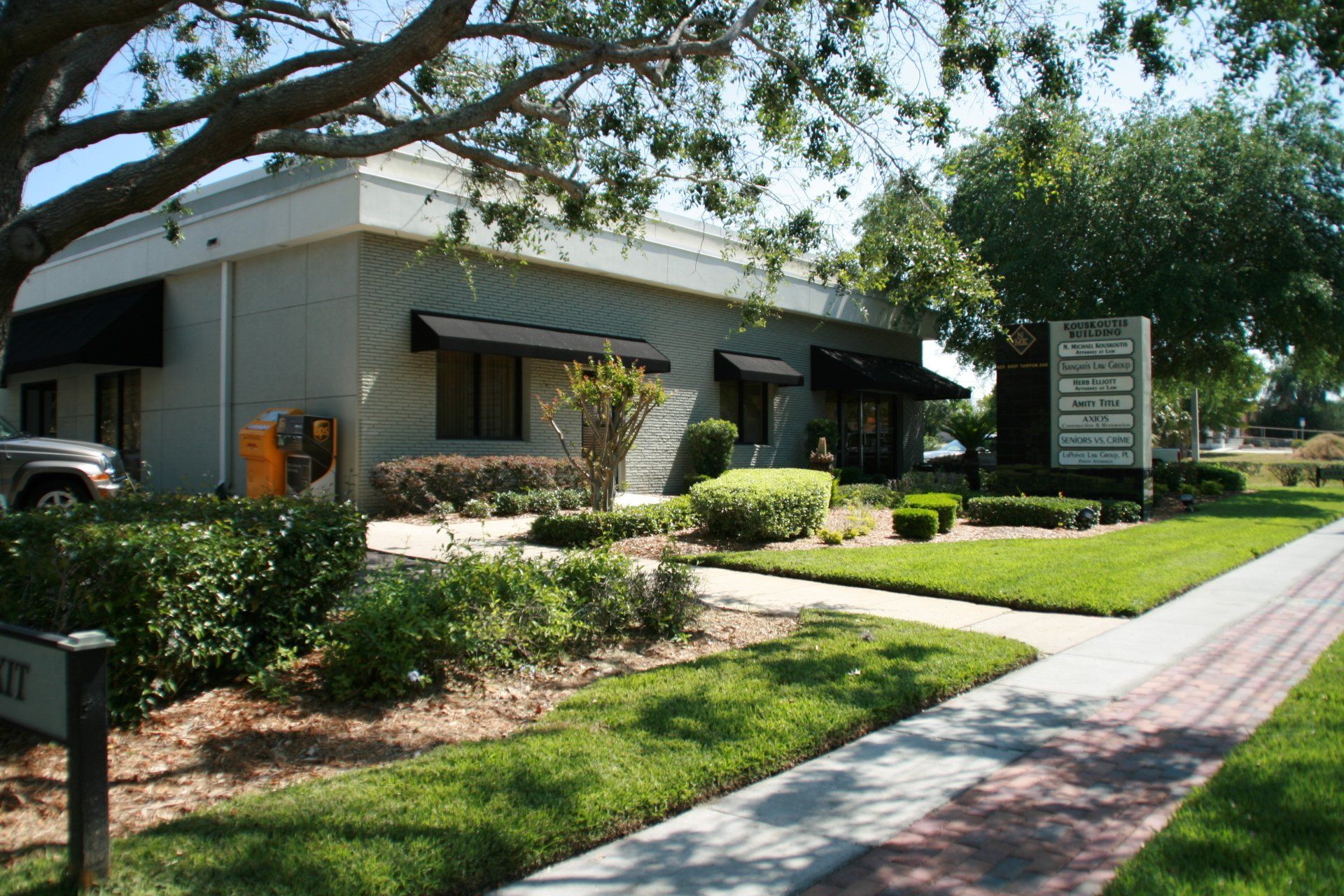Experienced Probate Attorney Serving Tarpon Springs, New Port Richey & Spring Hill, FL
N. Michael Kouskoutis
is a local attorney specializing in probate law and estate planning
for clients in Pinellas, Pasco & Hernando Counties.
The Legal Process
When a loved one passes, there are inevitable legal and financial consequences regarding their estate. The Probate of a Last Will and Testament is the first step in the legal process of administering the estate of a deceased person, resolving all claims and distributing the deceased person's property. Unless otherwise provided by statute, a Will must be admitted to Probate before a court will allow the distribution of a decedent's property to the heirs according to its terms.
The Probate court decides the legal validity of the Last Will and Testament. The court officially appoints the Personal Representative (executor) generally named in the Will, as having legal power to dispose of the testator's assets in the manner specified in the Will. The Personal Representative acts as fiduciary and is charged with performing a multitude of tasks during the administration of the estate.
The role of the Probate Attorney is to make sure the process runs smoothly and efficiently. Obviously there are times when the Probate process becomes complex. The Probate Attorney will help guide the PR through those difficulties.
Areas of Probate Law
Not all Florida Probate proceedings are the same. Florida Probate law recognizes several different means of disposing of a decedent's assets, each of which depends on the circumstances involved. Florida Probate alternatives include formal, summary, and ancillary administration, as well as disposition without administration.
The Probate process is complex and time consuming and Probate follows the loss of a loved one so that makes the process even more difficult. N. Michael Kouskoutis is experienced at representing clients in all matters of Probate, including the adversities and complications that can arise. Mr. Kouskoutis' personal service can help you get through Probate without added stress and in less time than if you try to deal with this on your own.
Contact us today to schedule your free consultation.


